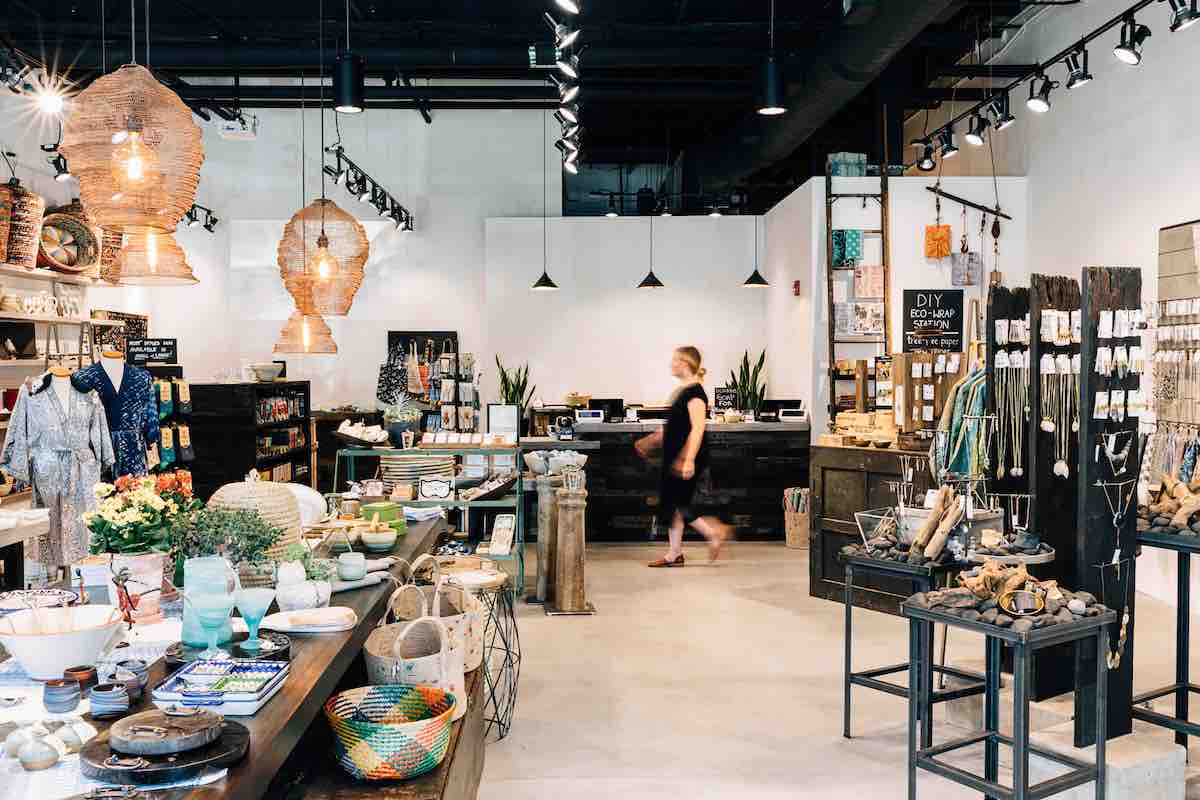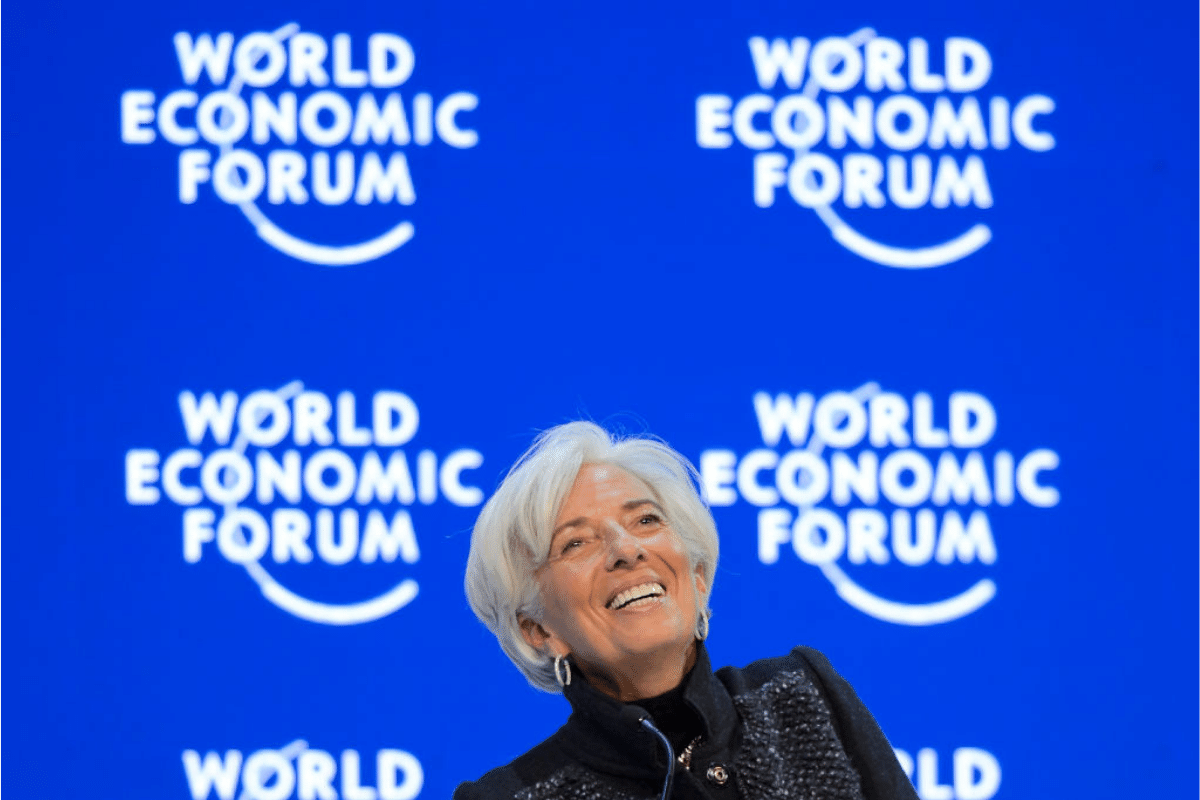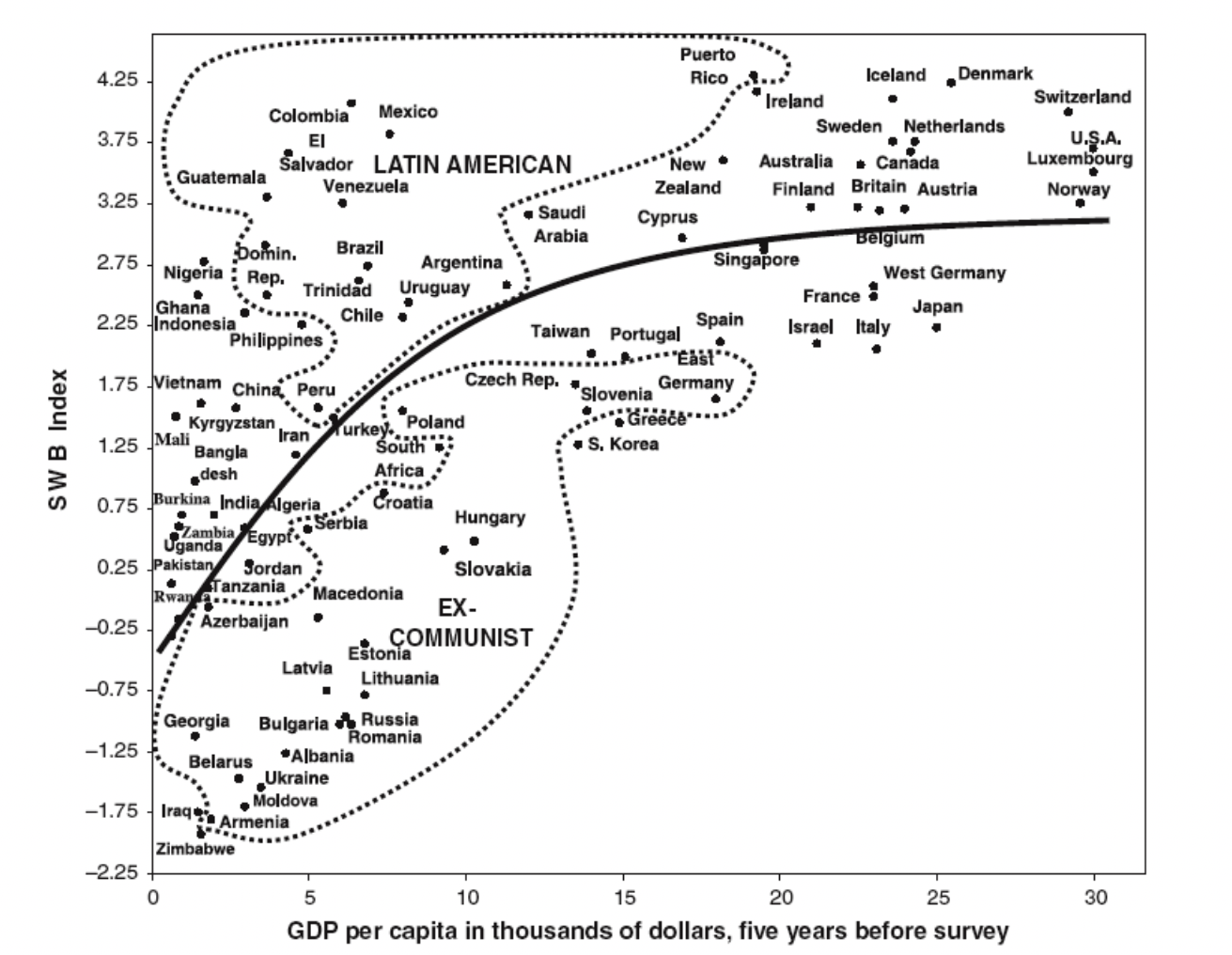Conflict
Luxury Belief Systems and Economic Stagnation: The Recipe for Our Discontent
The result of these two trendlines—the dominance of luxury-belief-driven status competition in a period of extended economic stagnation—was a brew of identity politics, political tribalism, and cultural warfare that would have been bad enough on its own.

In his 1950 book Unpopular Essays, Bertrand Russell divides the misfortunes that can befall humanity into two general categories—those inflicted by nature, and those inflicted by other humans. As he points out, for most of human existence a good chunk of our suffering was caused by nature—things like famines and disease and the elements. But as civilization evolved, as we got smarter and richer and more organized, harms caused by other people increased, while those due to natural causes decreased. There’s now less famine but more war. More generally, the growth of civilization shifted our concerns from struggles against the elements to trying to deal with other people. Our politics thus went from being focused on survival, to being obsessed with status.
This distinction between survival and status has deep philosophical roots. It goes back at least to Rousseau. In his 1762 treatise Emile, or On Education, he makes a distinction between what he calls amour de soi and amour propre. Both terms translate into English as “self-love,” and each reflects a form of pride or self-respect. Rousseau sees amour de soi, which arises out of the need for survival or self-preservation that drives all animals, not just humans, as the more basic or primitive form of love. The self-respect that defines amour de soi has to do with one’s personal wellbeing; it’s the happy state that arises when you triumph over the elements by providing yourself and your loved ones with food and shelter and security in the struggle for survival.
In contrast, amour propre is the self-respect or pride that comes from comparing yourself with other people. It is a type of ego, or vanity, and is fundamentally about triumphing in any number of status competitions. What feeds your amour propre is not, for example, building a house that keeps you and your family safe and warm, or tending a garden or a farm that keeps you fed. It’s about having a bigger house than your neighbour, a fancier car, a nicer lawn, a bigger barbecue, or going on more expensive or exotic vacations. We moderns regularly and unthinkingly engage in an enormous list of status competitions, to the point where we often don’t realize just how much of our time is spent in a status struggle with other people.
Of course, even the state of nature that Rousseau described isn’t completely free of amour propre—both forms of Rousseauian self-love exist in all human societies, however primitive or small-scale. The status seeking at the heart of amour propre is simply what we call “politics” in the most general sense, as when we talk about “office politics.” It even exists in non-human societies. Anyone who’s read Frans de Waal’s 1982 classic Chimpanzee Politics, about political rivalry and coalition-building within a troop of chimpanzees, can’t help but be struck by how much the primates’ gamesmanship and overlapping struggles for sex, power, and influence resemble what goes on in human affairs.
The course of the industrial age has witnessed the shift identified by Bertrand Russell: we’ve become so comfortable as a society that, for the vast majority of people in the West, mere survival has completely faded away as a concern. Instead, we spend more and more of our time and energy engaged in status competitions with other people. Our behaviours and beliefs no longer affect our survival in any serious way; they impact only our relative social, political, or economic status.
This has two important consequences. The first is that the need for our beliefs to connect or respond to reality has become increasingly unimportant. We are free to believe literally anything, from the wildest alt-right QAnon political conspiracies to the wackiest Gwyneth Paltrow health-nut fantasies of the contemporary wellness movement. None of it really matters—the lights still come on in your house, your car still runs, the grocery stores remain stocked with food. As nanotechnology expert J. Storrs Hall puts it, humans have an enormous capacity to hold beliefs not because they are true, but because they are advantageous to hold. Once upon a time, it was more advantageous to know the facts of the world than not to, so we developed science. Today, our beliefs are less a reflection of our reality than a means of identifying our respective political tribes and negotiating our status within them.
The upshot is that belief has an increasingly Veblenian character. As Hall’s argument is summarized, “The result of this is that we have major social institutions whose support comes in substantial part from virtue signalling rather than from actual useful results … they include health care, education, and environmental and safety regulation, among others.” “Luxury beliefs”—such as the denial of climate change by the Right, or the persistent denial of personal responsibility by the Left—do harm people, eventually. But they tend not to impact the people at the top of the status ladder; it’s those lower in the hierarchy who’ll ultimately suffer.
The second consequence of belief becoming a form of status competition is that life increasingly takes on the character of a zero-sum game, by which one person’s gain is another’s loss. This is an inherent feature of status competitions, and it has a number of predictable effects, including making people more distrustful and resentful, while making it hard for them to commit to the limits on their freedoms that make positive-sum collective action possible. And all of this becomes further amplified during extended periods of economic stagnation, at which point the absence of significant growth only increases the status stakes.
* * *
One of the more pervasive luxury beliefs of our time is the one—often packaged with neo-Malthusian warnings about the dangers of overpopulation and the planet’s finite resources—that says economic growth doesn’t matter; or, worse, that it’s actually a bad thing. In recent years, there’s even been a turn toward the idea that growth is antithetical to human flourishing or happiness. But as John Kenneth Galbraith once noted, “Wealth is not without its advantages and the case to the contrary, although it has often been made, has never proved widely persuasive.”
There are good reasons why this is the case. As the economy grows, we get richer and more productive, and experience a rise in our standard of living. Just about everyone today has access to electricity, central heating, refrigeration, and indoor plumbing. The penetration rate of consumer items such as flat-screen televisions, mobile phones, broadband internet, and gaming consoles is very high, even within the lower-middle class. Aside from the homeless, the poor in our society do not suffer from the deprivations and miseries that were the norm for even the well-to-do a hundred years ago. Almost everyone today lives in a heated home with running hot and cold water, has access to vaccines and antibiotics and pain killers, and enjoys radio, television, and other entertainments. In the United States, the internet penetration level is over 90 percent.

These facts are widely accepted. But it is also widely understood that economic growth comes at a cost. Part of that cost is environmental—the depletion of natural resources, pollution, and climate change being three of the most obvious downsides. But we also worry about growth’s other effects, such as increasing economic and social inequality, or the spiritual price we pay for living in an alienating and shallow consumer society. As a result, we find ourselves unhappy with, or just embarrassed by, our ever-rising standard of living, to the point where many people see further economic growth as unnecessary or even morally objectionable.
There is no question that growth’s material benefits are subject to diminishing returns. There is a sizable literature exploring the idea that the welfare benefits of growth—that is, gains in the standard of living, life expectancy, and even happiness—arrive pretty early on in the growth process. Additional growth doesn’t make us any healthier; it also doesn’t make us any happier. Beyond around US$12,000 in per-capita GDP, most of the “extra” growth tends to get funnelled into an ever-lengthening string of arms races and status competitions for things such as fancier cars and more exclusive private schools. This inclines many people to the obvious conclusion that we should stop trying to grow the economy and focus, instead, on more inclusive measures of wellbeing, such as “Gross National Happiness.” And when it comes to what’s been called The Great Stagnation—whatever its causes—many people are similarly inclined to just shrug and wonder what the big deal is.

Subjective wellbeing (SWB) versus GDP for various countries, as depicted by Andrew E. Clark and Claudia Senik in 2010
But there’s another way of looking at growth that doesn’t depend on singing the virtues of its material outcomes. Economic growth doesn’t just make us better off, it also makes us, collectively, better people by making us more tolerant and accepting of diversity. It also enhances social mobility, gives us a greater sense of fairness and equality, and increases our commitment to democratic ideals and institutions.
The key point here is that it’s the growth itself that matters, not how it affects our absolute living standards. It’s the simple fact of economic expansion that inclines people towards feelings of openness and toleration and that inspires trust in our democratic institutions. Just as the knowledge the pie will keep getting bigger makes people more generous in the divvying up of that pie, the sense that we can expect things to get even better—no matter where we currently are on the development curve—acts as a sort of bellows of fellow-feeling, making people more hopeful for the future and more generous-minded. More than anything else, the mere fact of growth is a signal that the future will be better than the past.
Unsurprisingly, the opposite holds during periods of stagnation, when zero-sum thinking kicks in. When the economy stops growing or even starts to shrink, people become fearful for the future, suspicious of immigrants and diversity in general, and distrustful of democracy. Stagnation breeds authoritarianism. That, of course, is one of the great lessons of the 1930s, as the Great Depression drove diverse, democratic populations toward nationalism and into the arms of fascist dictators. While there are no iron-clad laws of history, economic stagnation and the decline of liberal democracy are strongly linked.
This has been made clear by the recent history of the United States. As Harvard economist Benjamin Friedman put it in his book The Moral Consequences of Economic Growth, “The consequence of the stagnation that lasted from the mid-1970s until the mid-1990s was, in numerous dimensions, a fraying of the U.S. social fabric. It was no coincidence that during this period, popular antipathy to immigrants resurfaced to an extent not known in the United States since before World War II.” Remarkably, Friedman’s book came out in 2006, when it was still an open question whether the return to the higher levels of growth of the late 1990s would prove sustainable. The answer came two years later, when the financial crisis of 2008 catalyzed the Great Recession by cratering the finances of the middle class and those struggling to join it.
The result of these two trendlines—the dominance of luxury-belief-driven status competition in a period of extended economic stagnation—was a brew of identity politics, political tribalism, and cultural warfare that would have been bad enough on its own. It’s when you toss it all into the seething cauldron of social media that things start to get really toxic.
Adapted with permission, from On Decline: Stagnation, Nostalgia, and Why Every Year is the Worst Year Ever, by Andrew Potter. Published by Biblioasis, August 2021. Copyright © Andrew Potter, 2021.






